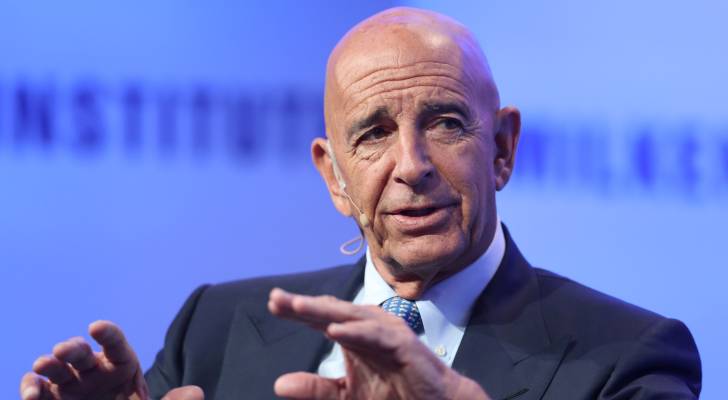2.7% GDP growth recorded in Q1of 2025 despite regional turbulence
The Jordan Times
AMMAN — Jordan's Gross Domestic Product (GDP) grew by 2.7 per cent in the first quarter of 2025, up from 2.2 per cent during the same period in 2024, according to preliminary estimates released by the Department of Statistics (DoS).
DoS report highlighted broad-based sectoral growth despite ongoing regional instability and its ripple effects on Jordan’s economy, reflecting what experts have described as the outcome of "prudent economic policies."
Despite ongoing regional instability and its impact on international economic conditions, most economic sectors in the Kingdom recorded positive growth during the first quarter of the year, the report said.
The figures, the report said, align with the objectives of the Economic Modernisation Vision, which aims to sustain and gradually accelerate economic growth across key sectors.
The agriculture sector led the growth chart, posting an 8.1 per cent expansion with contribution of 0.45 percentage points to overall GDP growth. The electricity and water sector followed with 5.8 per cent growth, adding 0.08 percentage points, while the manufacturing sector grew by 5.1 per cent, contributing the highest among all sectors at 0.88 percentage points.
Social and personal services also performed positively, recording a 3.4 per cent growth rate and contributing 0.27 percentage points.
The manufacturing sector emerged as the largest contributor to GDP growth, followed by agriculture and the finance, insurance, and real estate services sector.
Foreign trade performance
Jordan’s national exports increased by 10.6 per cent in the first third of 2025, reaching JD2.752 billion, compared to JD2.488 billion during the same period in 2024. Re-exports also rose by 10 per cent, amounting to JD268 million, up from JD260 million a year earlier.
According to the monthly foreign trade report issued by the Department of Statistics (DoS) on Sunday, overall exports totaled JD3.038 billion, marking a 10.6 per cent increase from JD2.748 billion recorded in the corresponding period last year.
Meanwhile, imports during the same period climbed by 12.7 per cent, reaching JD6.554 billion, compared to JD5.818 billion in 2024.
Jordan's foreign reserves remained strong, standing at $22.8 billion at the end of May, enough to cover the Kingdom’s imports of goods and services for approximately 8.8 months.
Inflation remained contained, averaging around 2 per cent during the first five months of 2025, further contributing to the country's overall economic stability.
Latest News
-
 'Israeli' cabinet to discuss partial deal, temporary ceasefire: Hebrew media
'Israeli' cabinet to discuss partial deal, temporary ceasefire: Hebrew media
-
 US envoy urges Syria, Lebanon to pursue peace with 'Israel'
US envoy urges Syria, Lebanon to pursue peace with 'Israel'
-
 “We will make the Middle East Great Again,” says Netanyahu thanking Trump
“We will make the Middle East Great Again,” says Netanyahu thanking Trump
-
 Iran demands UN recognise 'Israel', US 'responsibility' for war
Iran demands UN recognise 'Israel', US 'responsibility' for war
-
 'Israeli' army says it assassinated Hezbollah intelligence official
'Israeli' army says it assassinated Hezbollah intelligence official